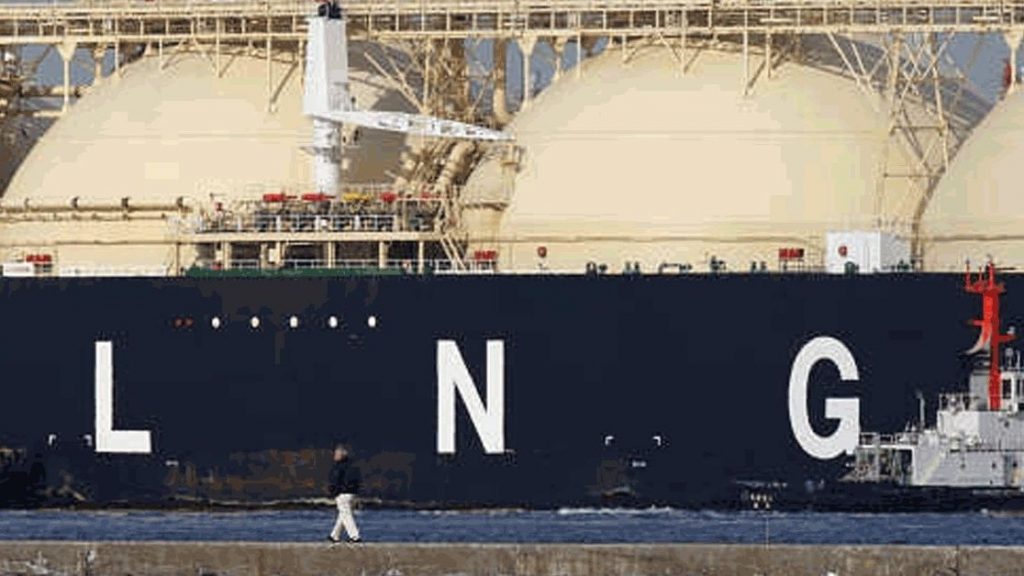QatarEnergy has signed a contract with Hudong-Zhonghua Shipbuilding for the construction of eight supersize LNG carriers.
The next step in the state-owned company’s massive shipbuilding program will see the CSSC-affiliated yard build Q-Max units with a capacity of 271,000 cu m, making them the largest-ever ships ordered in this sector.
Qatar already has 14 Q-Max vessels on a long-term charter with a carrying capacity of around 266,000 cu m supplying Far Eastern, European and various other markets. Q stands for Qatar and Max for the maximum size of ship able to dock at the LNG terminals in Qatar.
QatarEnergy’s historic LNG shipbuilding program is the largest of its kind in the history of the LNG industry. The company contracted 60 ships in the first phase of the program. The second phase kicked off in September in a deal with South Korea’s HD Hyundai Heavy Industries for the construction of 17 LNG carriers worth nearly $4bn, bringing the total number of confirmed LNG carrier newbuilds to be delivered to QatarEnergy and its affiliates to 77.
Hudong-Zhonghua presented its design concept for the world’s largest LNG carrier last year, which received approval in principle from many of the leading class societies. The record-breaking vessel could transport enough LNG to provide gas for 4.7m Shanghai homes for a month, 25-30% more efficiently than a 170,000 cu m vessel.
No price has been revealed for the new Q-Max-size vessels scheduled for delivery in 2028 and 2029. Standard 174,000 cu m units in China are reported to cost about $245m.
Tags: LNG, Q-Max, QatarEnergy



Recent Posts
Blue Marlin Becomes First Inland Cargo Vessel with Solar-Assisted Propulsion
ABB and Royal Caribbean Partner on 15-Year Deal to Drive Vessel Efficiency and Decarbonization
IET Establishes Centres of Excellence for Green Hydrogen and Electric Vehicle Research
SECI Cancels Green Hydrogen Hub Tender, Pauses Momentum on Flagship Mission
India Pushes Green Shipping and Sustainable Waterways in Northeast with ₹5,000 Crore Investment
Himachal Pradesh Plans Major Boost to Public Transport with E-Buses and Digital Upgrades
Ammonia-Fueled Container Feeder Design Marks Progress in Maritime Decarbonisation
ABS Develops Industry-Leading EV Battery Fire Simulation Modeling